The way they see it
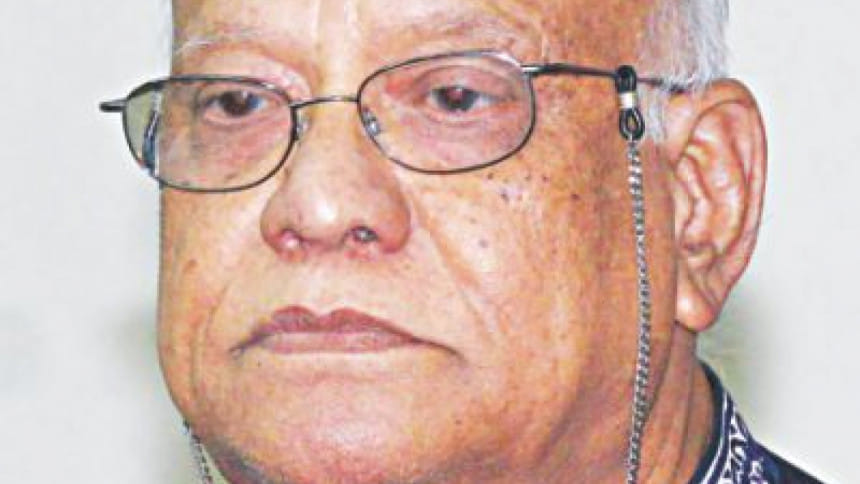
AMA Muhith
The finance minister said quota had to be in place, but questions might be raised over its percentage.
"There are backward sections in society and they have to be uplifted. So the quota must be there to promote the interest of the backward sections. But now the quota seems to be too high," he said.
Too many placements have been based on quota putting meritorious people at a great disadvantage, said Muhith, also a former bureaucrat.
"It has to be re-examined."
A big portion of it was reserved for the freedom fighters but we had insufficient number of candidates, he said.
That's why the vacant posts in government jobs are filled up from the merit list if eligible candidates were not found under any quota system, he said.
The minister, however, said his ministry would re-examine the quota after the upcoming budget.
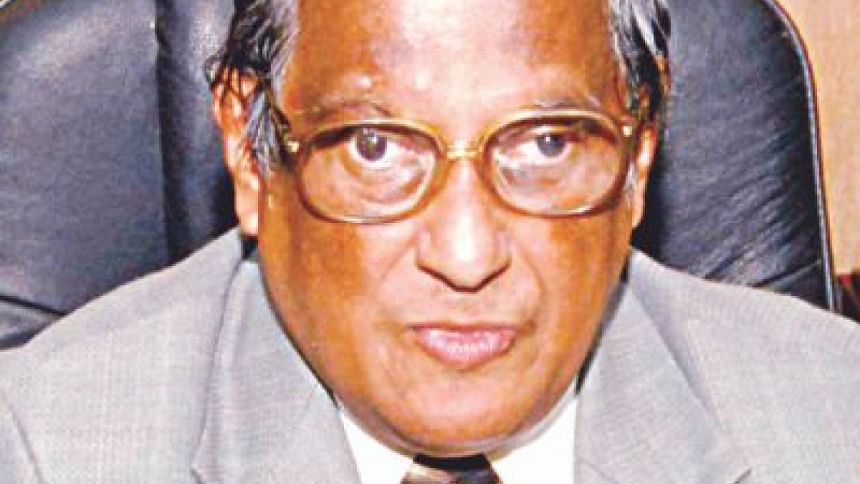
Akbar Ali Khan
The former cabinet secretary said reform could easily be made if the quota system was reviewed, but the political leaders did not want to touch the issue.
The country's constitution had the provision of quota but as an exception. The core principle was that recruitment in the government sector would be done on the basis of merit, he said.
So cases of exception should not exceed ones of merit, said Akbar, also a former adviser to the caretaker government.
"There is 55 percent quota in Bangladesh now and if we go by the constitution there cannot be a quota of up to 50 percent. Therefore, five percent must be lessened.
"Five percent has to be lessened only for constitutional reasons. There are other reasons as well."
He mentioned there are now 257 types of quota in the country but when Bangabandhu introduced the system it was 35.
"No other country in the world has such a system," he said, adding that it was very tough to recruit people keeping this system in place.
Akbar also said the district quota was not introduced as a permanent system during Bangabandhu's period and the then public administration secretary had said the district quota was a temporary measure and could be lifted if the situation changed after 10 years.
The communication system had improved significantly and therefore there was no necessity to have the district quota in place, said the former bureaucrat.
"But if any region finds it problematic then division [-wise] quota can be introduced instead of district quota for five years. If we go for division-wise quotas, the number of quota would come down to 37 from 257."
Five years into its introduction, the division-wise quota could be reviewed to see if there was any necessity of the district quota.
He also thought that the freedom fighters' quota should be reformed.
The quotas could be applied for insolvent and war-wounded freedom fighters, he said, adding that when the freedom fighters' quota was introduced in 1972 there was a rationale behind it.
"Because they took part in the Liberation War, they could not pursue their studies and their houses were torched. They were depressed as well. Thus, the quota at that time was justified."
But now the quota for all freedom fighters is not rational as there are many solvent freedom fighters in the country, added Akbar Ali.
The former cabinet secretary suggested the Public Service Commission be made a firm institution which would recruit candidates only on the basis of merit.
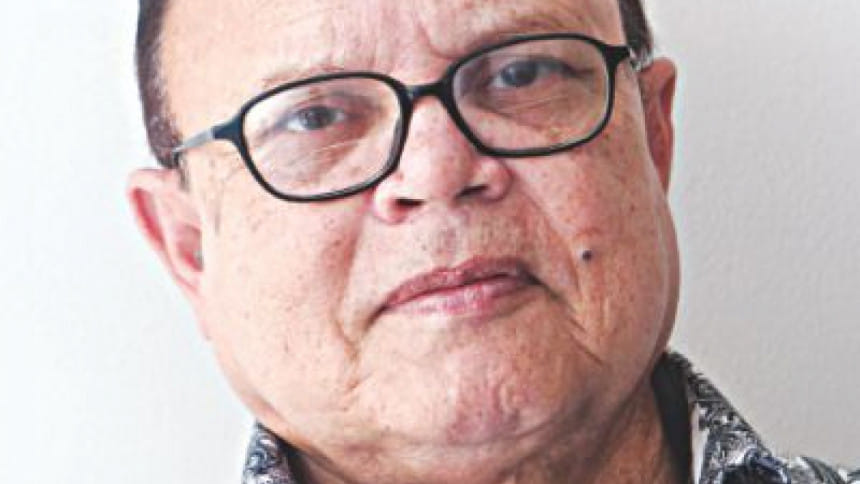
Ali Imam Majumder
The former cabinet secretary thinks reform in the quota system is a must.
"I have said time and again that the quota system must be reformed," he said.
Explaining his rationale, he said by leaving out meritorious candidates and recruiting less meritorious ones, the standard of public service was being downgraded.
"At the same time, we are neglecting the meritorious [people]. This creates frustration and resentment among them and the public is not getting quality service."
Ali Imam opined that at least 80 percent posts should be filled on merit-based recruitment.
"Quota can be kept at 20 percent," he said.
The top bureaucrat said it would be the government's political decision on how to reduce the quotas.
"The civil servants, especially the seniors like the cabinet secretary, establishment [public administration] secretary and PSC chairman, can sit together to figure out a solution," said the former cabinet secretary.
He said the government did not need to form any commission on how to distribute the quota if it took a political decision to reduce it to 20 percent.
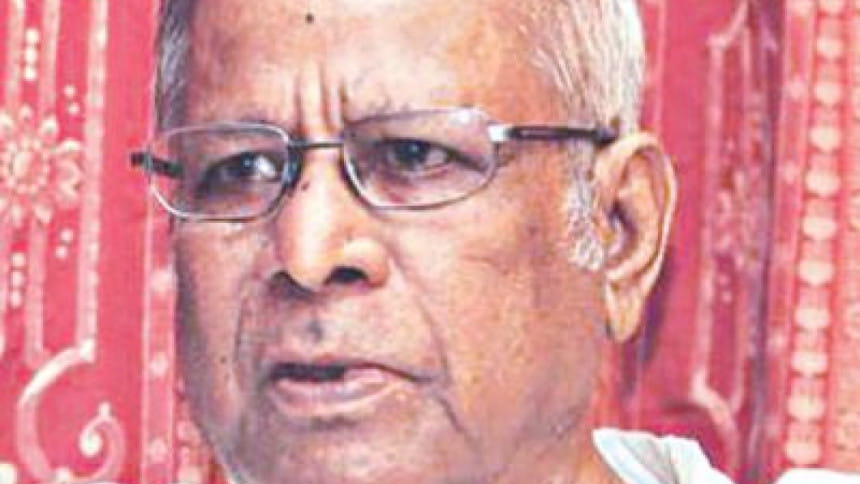
AMM Shawkat Ali
The former secretary, also in favour of reform in the quota system, said all the PSC reports since 1990 had stressed the need for reform.
"Quota system should not be a permanent system," he said, adding that the existing quota contradicted the spirit of the constitution as the constitution kept the quota for backward communities.
"We should honour the spirit [of the constitution]," said Shawkat, also a former adviser to a caretaker government.
He thought it was not yet too late to reform the quota system.
"The ongoing quota-reform movement cannot be suppressed. Initially, the movement was centred in Dhaka, but now it [has] spread out across the country, making it a national issue."
The government should not ignore this issue and the sooner it solved the matter, the better the results would be, said Shawkat.
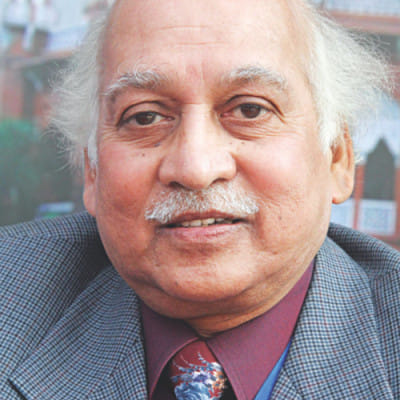
SMA Faiz
Prof SMA Faiz, former chairman of the PSC, said the demands for quota-reforms are logical.
“A great portion of the freedom fighters' quota remains vacant. This means the need for that has really come down. This should have been reformed a long time back,” he told The Daily Star.
Authorities say that the vacant posts allocated for freedom fighters' children can be filled up by the ones from the merit list. If this is so, why the quota system can't be reformed, he asked.
“There are children of freedom fighters who don't want to take the quota opportunities for the sake of dignity,” he said.
Faiz, also a former vice-chancellor of Dhaka University, suggested that the quota for the freedom fighters be reduced to 10 percent. It can be for the children of those freedom fighters who were martyred or injured in the war.
The district quota also should not be there because the country's infrastructure was developed over the years and no district was lagging too far behind. People of all districts can well avail urban facilities, he added.
However, the quotas for the ethnic minorities should remain, he added.
He suggested that the government not take long to review the existing quota system.

 For all latest news, follow The Daily Star's Google News channel.
For all latest news, follow The Daily Star's Google News channel. 


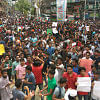
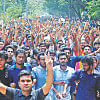
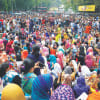



Comments